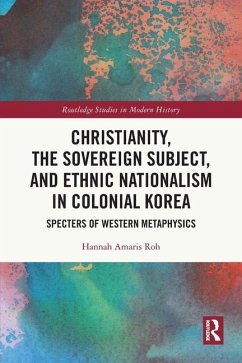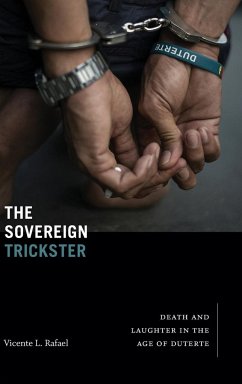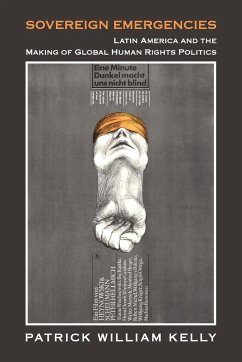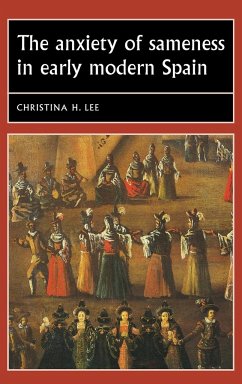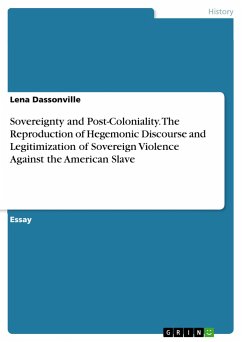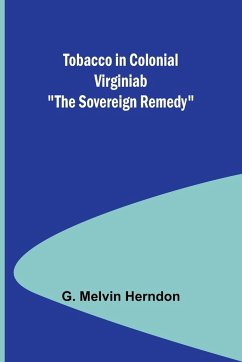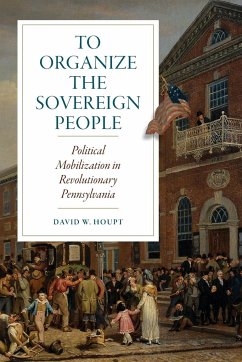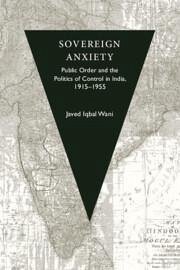
Sovereign Anxiety
Versandkostenfrei!
Versandfertig in 1-2 Wochen
97,99 €
inkl. MwSt.

PAYBACK Punkte
49 °P sammeln!
This book studies issues of public order in late colonial and earlier postcolonial India. It identifies various governmental practices, such as curfews, bans and police action, that thrive on extraordinary legislation to maintain public order. The colonial regime often deployed extraordinary legislation to curtail the liberties of individuals and groups by citing potential harm to public order. Through public order, a spectacle of sovereign power and politics of contestation between the citizens and law enforcement emerges. The book will contribute to existing discussions about sovereignty and...
This book studies issues of public order in late colonial and earlier postcolonial India. It identifies various governmental practices, such as curfews, bans and police action, that thrive on extraordinary legislation to maintain public order. The colonial regime often deployed extraordinary legislation to curtail the liberties of individuals and groups by citing potential harm to public order. Through public order, a spectacle of sovereign power and politics of contestation between the citizens and law enforcement emerges. The book will contribute to existing discussions about sovereignty and legitimacy of state power by providing a representative sample of concrete instances such as inter and intra-community riots, labour riots, labour strikes and nationalist agitation. It will also enable a comparative approach and illustrates processes of the evolution of state formation and citizenship in South Asia.





